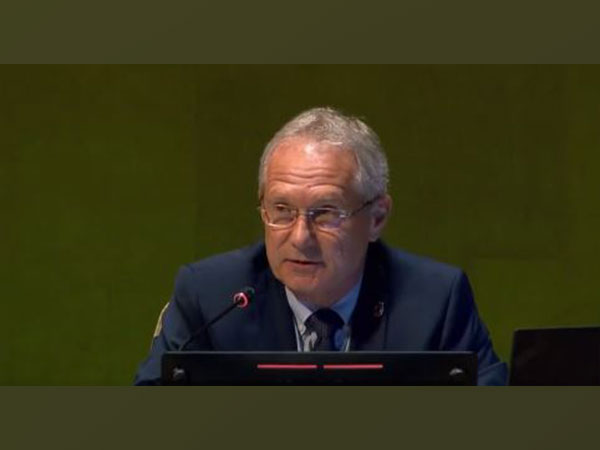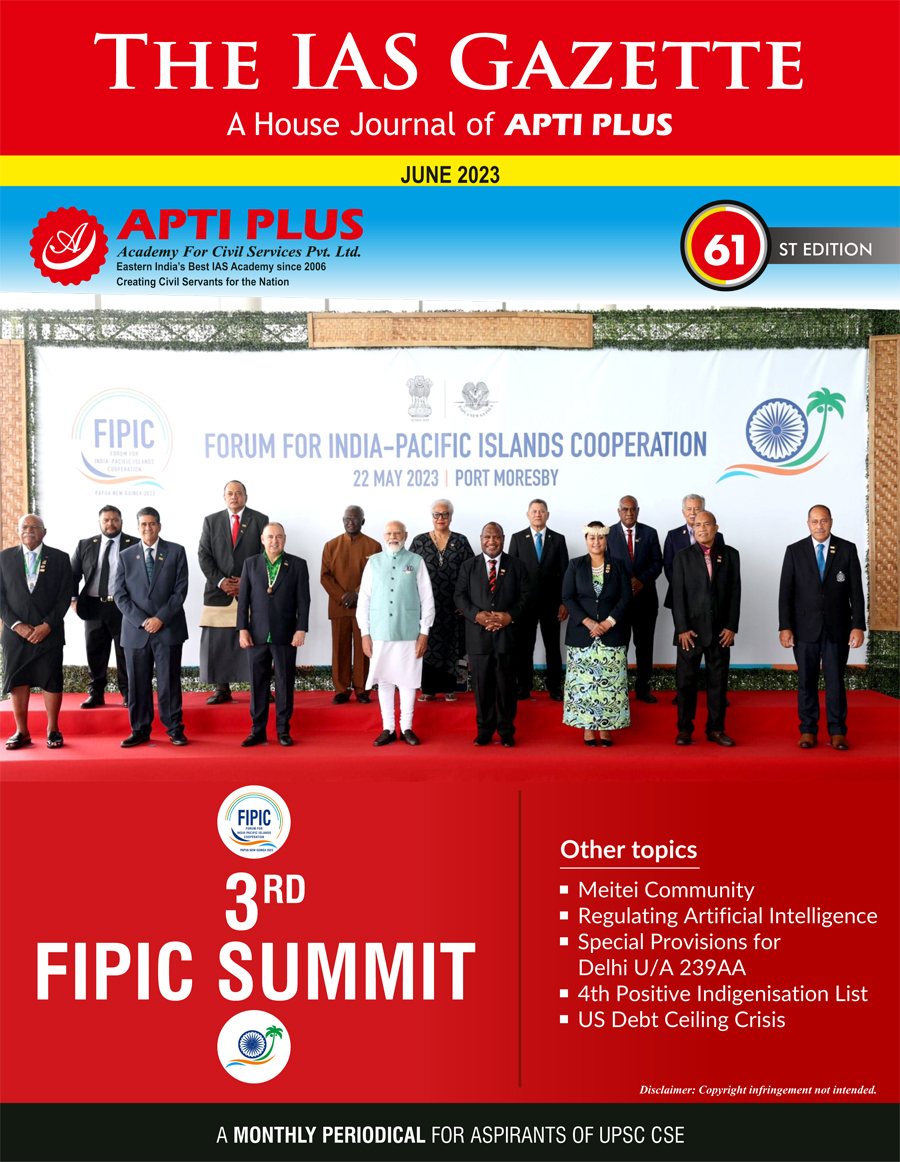
Disclaimer: Copyright infringement not intended.
Context
A statement made by Csaba Korosi, the President of the 77th session of the United Nations General Assembly (UNGA).
Details
- Csaba Korosi, President of the 77th session of the United Nations General Assembly (UNGA), commends the progress and innovations in the United Nations Intergovernmental Negotiations framework (IGN) for Security Council reform.
Webcasting IGN Meetings
- For the first time in history, the first segments of the IGN meetings are now webcast.
- This move enhances transparency and allows broader access to the negotiations.
- Webcasting enables stakeholders and the public to follow the discussions and outcomes.
Dedicated Website for IGN Process
- A dedicated website on Security Council reform has been established as a repository for the IGN process.
- The website serves as a centralized platform for information, updates, and resources related to the reform efforts.
- It facilitates easy access to documents, reports, and other relevant materials.
Innovative Ideas Introduced by Co-Chairs
- The Co-Chairs introduced two innovative ideas to advance discussions in this session.
- Annual meetings between the Chair of the Council's Informal Working Group on Documentation and the IGN Co-Chairs have been recommended.
- "Taxel Talks," an open-house discussion on Security Council reform, involving representatives from think tanks, has been initiated.
Progress and Enhanced Transparency
- Positive momentum and measurable progress have been observed in this session.
- The progress made contributes to the transparency, inclusivity, and institutional memory of the reform process.
- The changed dynamic around Security Council reform reflects the complex crises that have placed the multilateral system under pressure.
Political Will and True Commitments
- Intergovernmental negotiations are driven by Member States, requiring their political will.
- Korosi emphasizes that political commitments are crucial to rebuilding trust and reviving cooperation, both within the UN and beyond.
- The UN should be perceived as a unified entity by the people outside its walls.

About UN Intergovernmental Negotiations Framework
- The United Nations Intergovernmental Negotiations Framework (IGN) is a platform established within the United Nations for nation-states to discuss and negotiate the reform of the United Nations Security Council (UNSC).
- The IGN provides a formalized structure for member states to engage in dialogue, exchange perspectives, and propose solutions to enhance the effectiveness and representativeness of the Security Council.
Purpose of the IGN
- The primary purpose of the IGN is to facilitate discussions and negotiations on Security Council reform.
- It aims to address the challenges, gaps, and limitations of the current Security Council structure and decision-making processes.
- The IGN seeks to ensure that the Security Council reflects the contemporary geopolitical landscape and adequately represents the interests and concerns of all member states.
Enhancing Transparency
- One of the key objectives of the IGN is to enhance transparency in the reform process.
- To achieve this, the first segments of the IGN meetings are now webcast, allowing broader access to the discussions.
About UNSC
- The United Nations Security Council (UNSC) is one of the six main organs of the United Nations and is responsible for maintaining international peace and security.
- The Council consists of 15 members, with five permanent members (P5) and ten non-permanent members elected by the General Assembly for two-year terms.
Significance of Permanent Membership
- Permanent membership of the UNSC holds great prestige and influence in global affairs.
- Permanent members have the power to veto any substantive resolution, granting them significant authority and the ability to shape the Council's decisions.
- The P5, consisting of China, France, Russia, the United Kingdom, and the United States, have held their positions since the founding of the United Nations.
Fight for Permanent Membership
- Several countries have been actively advocating for permanent membership in the UNSC, aiming to increase their global influence and ensure fair representation.
- These countries argue that the current composition of the P5 does not reflect the current geopolitical realities and that an expanded Council would be more representative and effective.
G4 Group: Germany, Japan, India, and Brazil
- The G4 group, composed of Germany, Japan, India, and Brazil, has been at the forefront of the fight for permanent membership.
- These countries are major global powers with significant economic, political, and military influence.
- They argue that their inclusion as permanent members would better represent the interests of their respective regions and contribute to a more balanced and effective UNSC.
African Union (AU) and Ezulwini Consensus
- The African Union has been advocating for Africa's representation in the permanent membership of the UNSC.
- The Ezulwini Consensus, adopted by the AU, calls for the allocation of at least two permanent seats for African countries, in addition to the expansion of non-permanent seats.
- The AU argues that Africa, as a continent with the largest number of member states, deserves greater representation and influence in global decision-making.
Other Aspirants
- Other countries, such as Indonesia, Nigeria, and South Africa, have also expressed their aspirations for permanent membership in the UNSC.
- These countries highlight their regional importance, economic strength, and contributions to peacekeeping and international security.
- They argue that their inclusion as permanent members would enhance the Council's legitimacy and effectiveness.
Challenges and Reform Impasse
- The fight for permanent membership faces numerous challenges and has led to an impasse in the reform process.
- Existing permanent members have expressed concerns about diluting their influence and granting veto power to additional countries.
- The process of amending the UN Charter to expand permanent membership requires consensus among current member states, which has proven difficult to achieve.
|
PRACTICE QUESTION
Q) Evaluate the challenges and limitations faced by the UN intergovernmental framework in addressing global security issues. Provide examples of successful and unsuccessful interventions by the UNSC under the intergovernmental framework, and suggest measures to enhance its effectiveness in the future. (250 words)
|

https://www.aninews.in/news/world/us/first-segment-of-un-intergovernmental-negotiations-framework-meetings-now-webcast-unga-president20230630055304/




